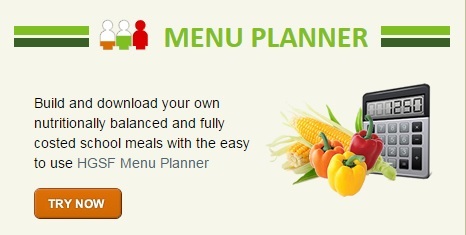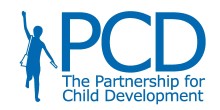Mise à jour le Lundi, 16 Février 2015 14:26
By Samrat Singh, Food and Agricultural Policy Expert, Partnership for Child Development and Helen Roberts, Consultant in Risk Assessment for food safety and animal health.
With the welcome news that Ebola infection rates seem to be abating and that new vaccines are being made available is that fact that millions in the affected West African countries are still facing dwindling food supplies and financial ruin, as measures employed to control the epidemic are devastating already fragile agricultural economies. While food shortages can be met in the short term through imports and food aid, the emergency response needs to focus on protecting weak agricultural markets so as to safeguard farmer livelihoods, agricultural production, and national economies.



 In fact, school feeding and school health programmes are present in almost every country in the world – low, middle and high income alike. However, the quality of these programmes is often the poorest where nutritional challenges are the greatest. Attention is needed to improve the quality of these programmes to reach children who have the most to gain.
In fact, school feeding and school health programmes are present in almost every country in the world – low, middle and high income alike. However, the quality of these programmes is often the poorest where nutritional challenges are the greatest. Attention is needed to improve the quality of these programmes to reach children who have the most to gain.
